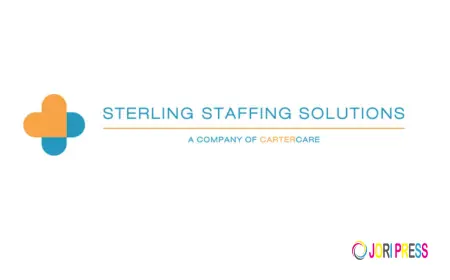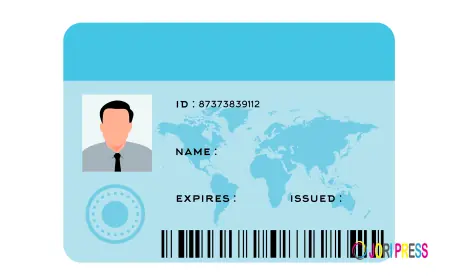The Importance of Adaptability in Today’s Fast-Changing World

In the modern era, the pace of change has accelerated beyond what previous generations could have imagined. Technology evolves rapidly, industries are redefined in a matter of years, and global challenges require constant adjustment. In this environment, adaptability has become one of the most valuable traits for both individuals and organizations.
Why Adaptability Matters
Adaptability is the ability to adjust to new conditions, challenges, or environments. Unlike rigid skill sets that may become obsolete, adaptability ensures long-term resilience. Whether in the workplace, education, or personal life, those who embrace change are more likely to succeed.
For businesses, adaptability means staying competitive. Markets shift quickly, consumer preferences change, and new technologies disrupt established systems. Companies that adapt effectively can not only survive but thrive. On the individual level, adaptability often translates into better problem-solving skills, resilience under stress, and the confidence to take on new opportunities.
Adaptability in the Workplace
In today’s professional world, job descriptions are no longer fixed. Employees may be asked to learn new tools, manage different responsibilities, or shift into roles that didn’t exist a decade ago. For example, digital transformation has created entirely new positions in fields like data science, cybersecurity, and AI development. Employees who can adapt to these demands make themselves indispensable.
Employers, too, benefit from fostering adaptability within their teams. By encouraging continuous learning and providing resources for professional growth, organizations can build a workforce that embraces change instead of resisting it.
Personal Benefits of Being Adaptable
Adaptability isn’t just about career advancement. In personal life, it helps individuals navigate unexpected challenges such as relocating to a new city, managing financial setbacks, or adjusting to health-related changes. Being adaptable fosters emotional resilience, allowing people to maintain stability even when circumstances shift dramatically.
It also strengthens relationships. People who adapt well can adjust to different communication styles, cultural norms, and life stages, making them more empathetic and understanding in their interactions.
How to Develop Adaptability
While some people naturally adapt more easily than others, adaptability is a skill that can be cultivated. A few strategies include:
-
Continuous Learning: Stay updated with new trends, technologies, and ideas.
-
Open-Mindedness: Embrace new perspectives instead of clinging to old ways.
-
Flexibility: Be willing to change your plans when necessary.
-
Resilience Training: Practice stress management techniques to remain calm under pressure.
-
Problem-Solving Mindset: View challenges as opportunities rather than obstacles.
Conclusion
In a world where the only constant is change, adaptability is no longer optional—it is essential. Those who cultivate this skill are more likely to thrive in their careers, maintain strong personal relationships, and navigate life’s uncertainties with confidence. By embracing adaptability, individuals and organizations alike can secure a brighter, more sustainable future.
What's Your Reaction?
 Like
0
Like
0
 Dislike
0
Dislike
0
 Love
0
Love
0
 Funny
0
Funny
0
 Angry
0
Angry
0
 Sad
0
Sad
0
 Wow
0
Wow
0















































